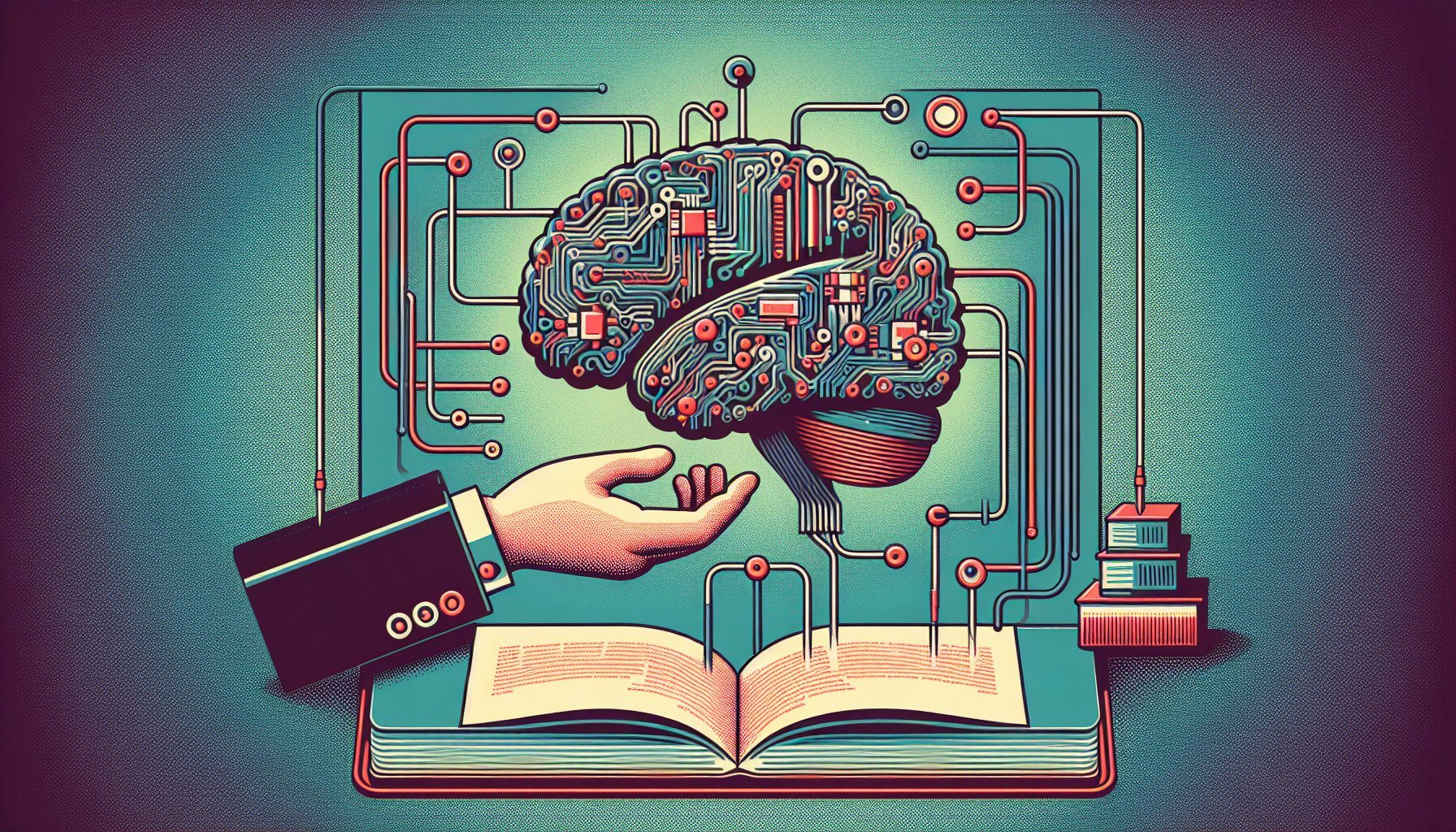The Quest for Human-Like Intelligence
For decades, scientists have dreamed of creating Artificial General Intelligence (AGI) — machines that can think and learn as humans do. Recently, an intriguing concept called “Machine Psychology” has emerged, which could be our golden ticket to achieving this ambitious goal. By marrying the principles of psychological learning with high-tech AI systems, this approach promises to help us build machines that are not just smart, but adaptable and capable of handling complex tasks like a human brain.
The Core Idea: Machine Psychology
Machine Psychology rests on a simple yet profound belief: adaptation is at the heart of intelligence, whether in humans or machines. The roots of this idea stretch back to learning psychology and operant conditioning — a method championed by the renowned psychologist B.F. Skinner. Operant conditioning teaches that behavior changes based on rewards or punishments, and researchers are now adapting this concept for AI. The goal? To create machines that are not just programmed, but ones that learn and evolve in ever-changing environments.
Blending with the Non-Axiomatic Reasoning System
A standout feature of Machine Psychology is how it leverages the Non-Axiomatic Reasoning System (NARS), a logic framework designed to work with incomplete information and limited resources. NARS, combined with operant conditioning, allows AI to learn from feedback and fine-tune its actions. This synergy is showcased in the OpenNARS for Applications (ONA) system, which excels in learning complex tasks like distinguishing between stimuli and adapting to new rules based on feedback.
Proof Through Experiments
The true power of Machine Psychology shines through experimentation. In tests, the NARS system quickly mastered simple tasks, achieving perfect accuracy by responding to feedback. When faced with reversed conditions, NARS smoothly adjusted its approach, showing great flexibility. In more intricate tasks requiring nuanced decision-making, NARS demonstrated impressive capability, effectively processing and adapting to complex scenarios.
Unlocking New Frontiers in AGI
This innovative framework could revolutionize AGI development. By incorporating elements of human cognitive processes, like continuous learning and purposeful behavior, researchers are poised to craft AI systems capable of diverse and sophisticated tasks. NARS excels in environments with limited information, making it a potent tool for real-world applications.
Impact Beyond AGI
Machine Psychology’s influence extends far beyond the quest for AGI. It’s reshaping the field of psychological science, enabling a deeper exploration of human cognition, personality, and emotions. By integrating AI with massive data analytics, researchers can delve into extensive new datasets, such as those gleaned from social media, uncovering insights that traditional methods might miss. This fusion is paving the way for groundbreaking discoveries about human behavior.
Revolutionizing Mental Health Care
Beyond the quest for AGI, AI in mental health care offers significant promise. Smart algorithms now have the power to sift through colossal data sets, pinpointing early warning signs of mental illnesses and tailoring personalized treatment strategies. AI-powered chatbots are entering therapy, enhancing traditional methods, and making mental health resources more accessible. By decoding patterns in data, AI can now anticipate mental health trends and conditions, offering fresh perspectives on public health.
Looking to the Horizon
Though the timeline for achieving AGI remains speculative, the potential of Machine Psychology is undeniable. Future research must aim at refining NARS, exploring ever more sophisticated tasks, and applying these insights to a broader spectrum of challenges. Additionally, as AI becomes more integral in our lives, it’s crucial to navigate the ethical and fairness challenges these advancements pose, especially in sensitive areas like mental health.
In sum, Machine Psychology is poised to be a pivotal force in the pursuit of AGI by intricately weaving together psychological insights and cutting-edge AI systems. This cross-disciplinary endeavor not only aims to craft machines that are more responsive and intelligent but also enhances our comprehension of the human mind and boosts the efficacy of mental health services. As advancements continue, the dialogue between psychology and AI promises to redefine possibilities across numerous domains.

Leave a Reply